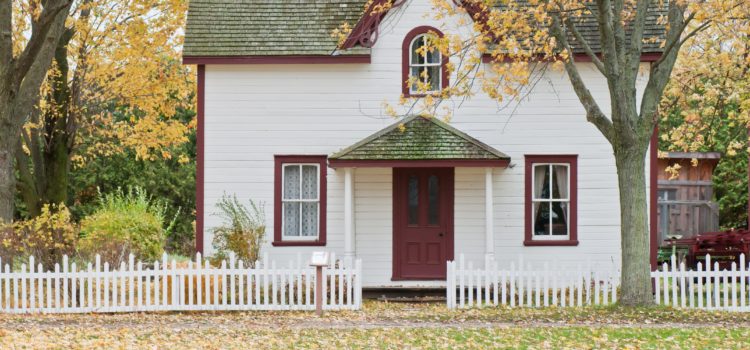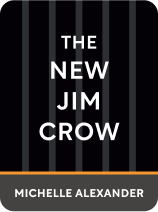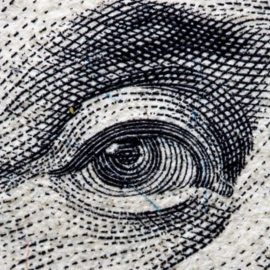

This article is an excerpt from the Shortform summary of "The New Jim Crow" by Michelle Alexander. Shortform has the world's best summaries of books you should be reading.
Like this article? Sign up for a free trial here .
What is the relationship between Jim Crow laws and housing? How do Jim Crow laws’ housing penalties further the racial divide?
Under Jim Crow laws, housing penalties increase the impact of mass incarceration. Without access to public housing, there is a greater risk of recidivism.
Read more about Jim Crow laws, housing penalties, and other financial penalties.
Jim Crow Laws and Housing
Housing increases the rate of employment and decreases recidivism.
Public housing can evict not only felons, but also any tenant even believed to be engaged in criminal activity or having prior arrests, regardless of convictions.
- Obviously this is aggravated by the greater rate of arrests of colored people.
- Agency ratings and funding consider effectiveness of applicant screening as a factor.
- Tenants are held liable for behavior of their children and guests, even without knowledge of the activity.
- For instance, grandmothers can be evicted if their grandchildren smoke weed in the parking lot.
All this makes families reluctant to allow their criminal relatives to stay with them, which pushes criminals into homelessness.
- 30-50% of people under parole in SF/LA were homeless.
Other Financial Penalties
Even if felons do land a job, they’re saddled with mandatory fees, such as jail booking fees, jail per diems, public defender application fees, payments to probation departments, drug testing fees. They may also be subject to child support.
In addition, late fees and payment plan fees but people further into the hole.
In addition, many states suspend driving privileges for missed debt payments, which further complicates employment.
In addition, Clinton signed a 5-year limit on welfare and a permanent bar on drug-related felony convictions.
Thus, workers can have 100% of their paychecks garnished.
Perversely, in some jurisdictions, people may choose to go to jail to reduce their debt burdens. This further reinforces the penalties of jail time.
Perversely, inmates work in prison, and the government and employers benefit from their low-paid labor, recalling the antebellum practice of imprisoning former slaves to work off their debts.
Naturally, to escape the financial trap, many convicted felons turn to crime.
Cycle of Jim Crow Laws: Housing and Beyond
The penalties imposed on felons after release from prison entrenched the New Jim Crow system. As Alexander repeats throughout the book, felons have important civil rights stripped away. By making housing and finances difficult for convicted felons, they became far more likely to reoffend. And because they had limited ability to vote or serve on juries, their ability to influence the system was neutralized.
These were likely well-reasoned laws passed to disincentivize drug use, but they have a crippling effect on the ability of the subjugated to buck the system. Furthermore, when accepting a plea bargain, offenders may not be aware of the rights they’re giving up.

———End of Preview———
Like what you just read? Read the rest of the world's best summary of Michelle Alexander's "The New Jim Crow" at Shortform .
Here's what you'll find in our full The New Jim Crow summary :
- How the US prison population increased 10x in 30 years because of harsh drug policies
- How being "tough on crime" was deeply motivated in discrimination against black people
- Why being convicted for a crime is essentially a life sentence of poverty and return to prison






